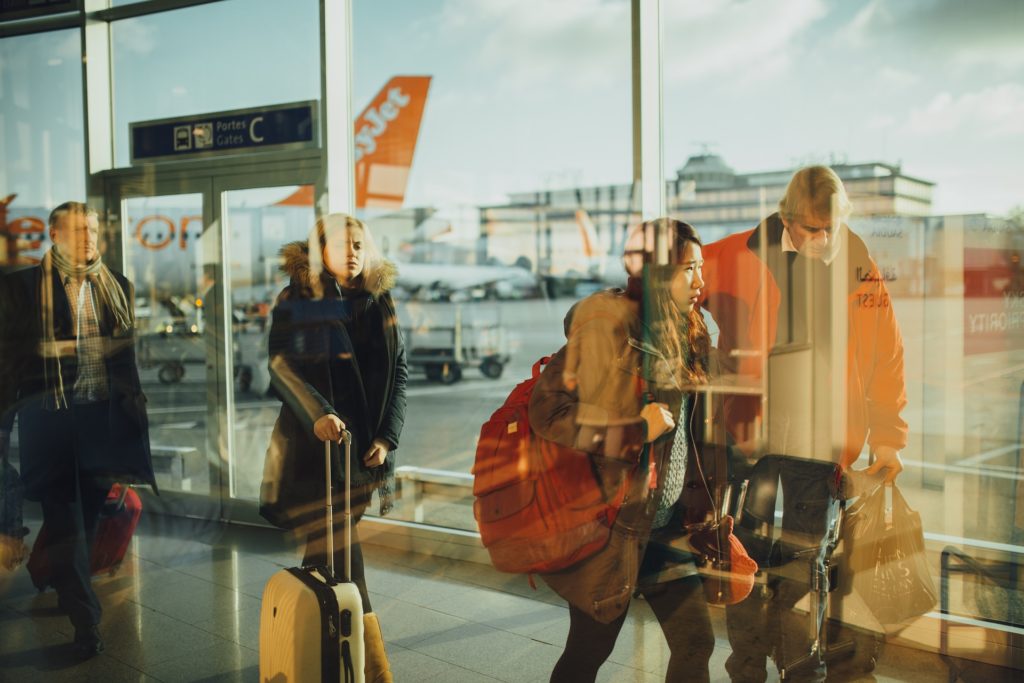Flight cancellations can be a significant source of stress and inconvenience for travellers. When flights to and from the UK are cancelled, passengers are often left wondering about their rights and the potential for compensation. Understanding the regulations and processes involved is crucial for ensuring that passengers can effectively claim what they are entitled to. This article provides a comprehensive overview of flight cancellations in the UK, detailing the legal framework and offering practical advice on how passengers can secure compensation.
Legal Framework for Flight Cancellations
The primary legislation governing flight cancellations and compensation in the UK is Regulation (EC) No 261/2004, commonly referred to as EC 261. This regulation applies to all flights departing from any EU airport, including those in the UK, as well as flights arriving at an EU airport if operated by an EU-based airline. Despite Brexit, the UK has retained these regulations in domestic law, ensuring continued protection for passengers.
Key Provisions of EC 261
- Right to Information: Airlines are required to inform passengers of their rights under EC 261 in the event of a cancellation.
- Right to Assistance: Passengers are entitled to assistance, including meals, refreshments, and accommodation if necessary, depending on the length of the delay caused by the cancellation.
- Right to Reimbursement or Re-routing: Passengers can choose between reimbursement of the ticket cost or re-routing to their final destination at the earliest opportunity.
- Right to Compensation: Passengers may be entitled to monetary compensation, the amount of which depends on the distance of the flight and the length of the delay caused by the cancellation.
Compensation Eligibility and Amounts
To qualify for compensation under EC 261, the cancellation must meet certain criteria:
- Notification Period: Passengers must have been informed of the cancellation less than 14 days before the scheduled departure.
- Alternative Flight Timing: Compensation is dependent on the timing of the alternative flight offered. If the alternative flight departs within two hours of the original flight and arrives within four hours, compensation may not be payable.
The compensation amounts are standardized and vary based on the flight distance:
- Short-haul flights (up to 1,500 km): €250
- Medium-haul flights (1,500 to 3,500 km): €400
- Long-haul flights (over 3,500 km): €600
Exceptions to Compensation
There are circumstances under which airlines are exempt from paying compensation, primarily when cancellations are caused by “extraordinary circumstances.” These can include:
- Severe weather conditions
- Political instability
- Security risks
- Strikes by third parties (e.g., air traffic control)
However, technical issues with the aircraft are generally not considered extraordinary circumstances unless they are due to hidden manufacturing defects or acts of sabotage.
Steps to Claim Compensation
- Document Everything: Keep all travel documents, including boarding passes, tickets, and receipts for any expenses incurred due to the cancellation.
- Request Assistance: Immediately approach the airline’s customer service for assistance and re-routing options. Ensure they provide written confirmation of the cancellation.
- Submit a Claim: Contact the airline to submit a compensation claim. This can often be done via the airline’s website or through a customer service email.
- Use Online Tools: Websites and services like AirHelp can assist in processing claims and understanding passenger rights.
- Escalate if Necessary: If the airline rejects the claim, passengers can escalate the issue to the Civil Aviation Authority (CAA) in the UK or seek legal advice.
Practical Tips for Passengers
- Know Your Rights: Familiarize yourself with EC 261 and the rights it affords you as a passenger. Knowledge is power when dealing with airlines.
- Stay Calm and Polite: Airline staff are more likely to be helpful if approached politely and calmly.
- Utilize Social Media: If traditional channels fail, airing grievances on social media can sometimes prompt a quicker response from airlines keen to maintain their public image.
- Consider Travel Insurance: Some travel insurance policies offer coverage for cancellations and can provide additional compensation or assistance.
Conclusion
Flight cancellations to and from the UK are an unfortunate reality of air travel, but passengers are not without recourse. By understanding the legal protections offered under EC 261, passengers can ensure they receive the assistance and compensation they are entitled to. Proactively documenting the disruption, staying informed, and utilizing available resources can make the process of claiming compensation smoother and more effective. While cancellations can be frustrating, knowing your rights can turn a potentially negative experience into a manageable situation.

